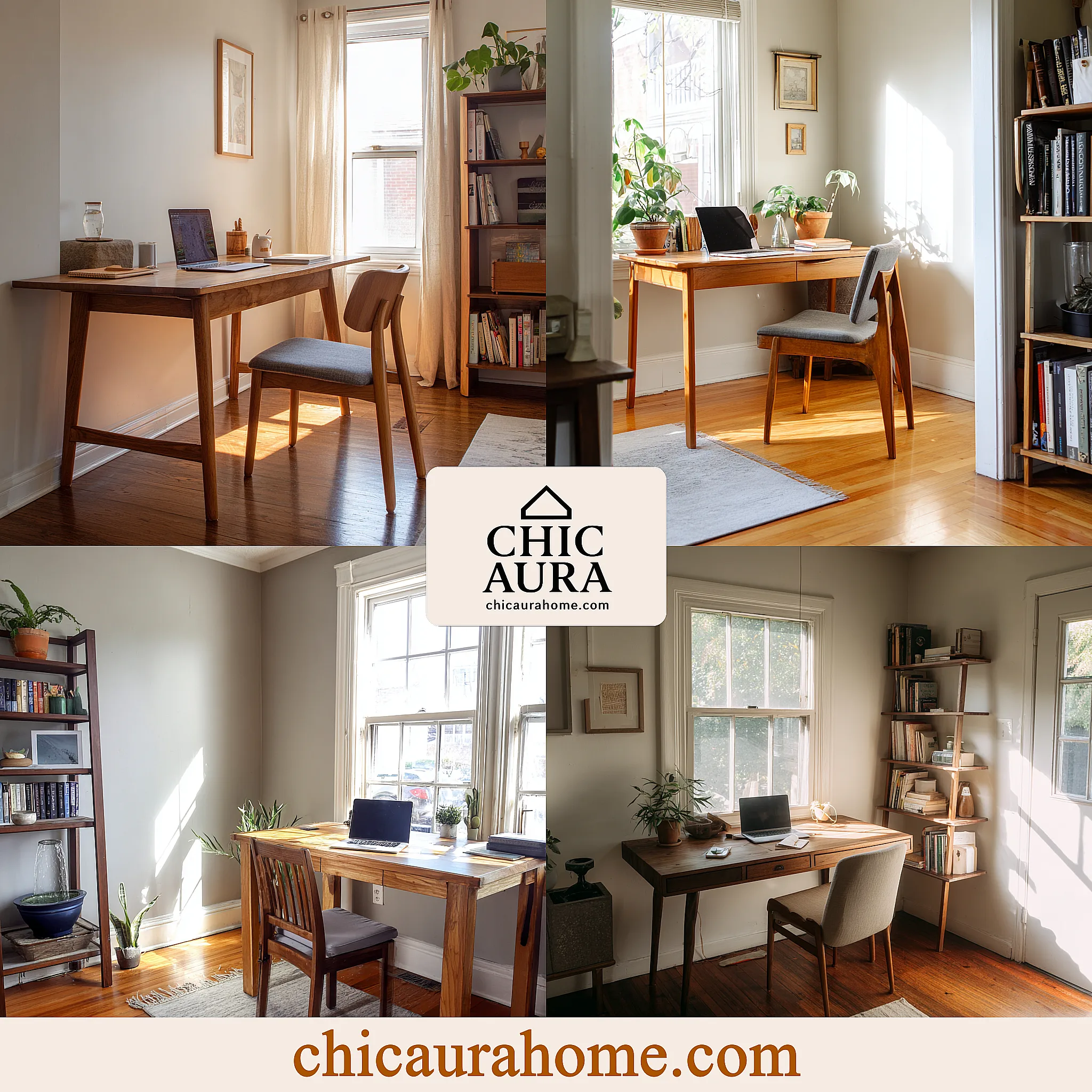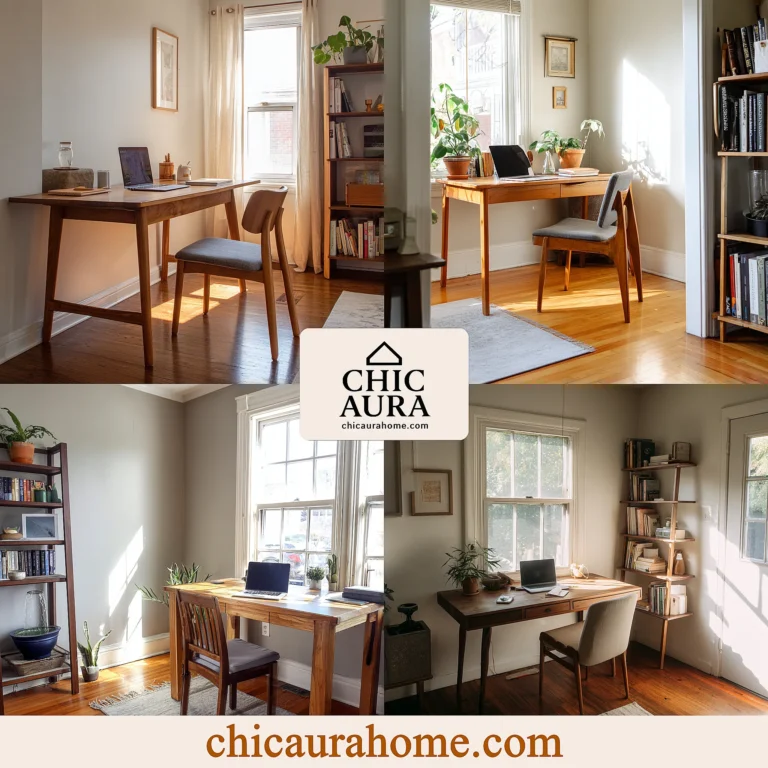
In the realm of Feng Shui, the ancient Chinese art of arranging living spaces to create balance with the natural world, desk placement plays a pivotal role in influencing your productivity, creativity, and overall well-being. Whether you’re setting up a home office or optimizing your workspace in a corporate environment, understanding the principles of desk placement Feng Shui can transform your daily grind into a more harmonious and efficient experience. This article delves into the essence of Feng Shui, specifically focusing on how the strategic placement of your desk can attract positive energy, or ‘Chi,’ fostering success and tranquility in your professional and personal life. Embrace these timeless wisdom to unlock your full potential and create a workspace that not only looks good but feels right.
The Fundamentals of Desk Placement Feng Shui
Understanding the basics of Feng Shui is essential before rearranging your workspace. The concept revolves around the flow of Chi, or life energy, which should move freely around and through your desk. Positioning your desk in the 'command position'—facing the door but not directly in line with it—ensures you're in a power position, able to see opportunities coming your way while being protected from behind. Avoid placing your desk directly under a beam or in a cramped corner, as these positions can create pressure and block the flow of positive energy. Incorporating elements like plants or a small water feature can further enhance the Chi in your workspace, promoting clarity and calmness.
Optimal Desk Placement for Maximum Productivity
The orientation of your desk can significantly impact your focus and efficiency. According to Feng Shui principles, placing your desk so that you face one of your auspicious directions, based on your Kua number, can amplify your success and productivity. Natural light is another critical factor; positioning your desk to benefit from ample daylight without causing screen glare can improve your mood and energy levels. Additionally, maintaining a clear space in front of your desk symbolizes open opportunities, while a solid wall behind you provides support and stability. Remember, a clutter-free desk is a hallmark of Feng Shui, as it allows energy to flow smoothly, keeping your mind clear and focused.
Common Desk Placement Feng Shui Mistakes to Avoid
Many well-intentioned individuals unknowingly make Feng Shui blunders that can hinder their workflow and well-being. One common mistake is placing the desk directly facing a wall, which can lead to feelings of isolation and blockage. Another is having your back to the door, which Feng Shui considers vulnerable and insecure. Mirrors reflecting your work area can double your workload and stress, while electronic devices cluttering your space can disrupt the natural energy flow. Be mindful of these pitfalls to ensure your desk placement fosters a conducive environment for success and serenity. For more insights on creating a harmonious home office, check out this high-authority blog on workspace design.
Conclusion
Mastering desk placement Feng Shui is more than just an aesthetic choice—it's a strategic approach to enhancing your work environment's energy and your own productivity. By applying these principles, you can create a space that not only supports your professional endeavors but also contributes to your mental and emotional well-being. As we move forward in an increasingly digital world, the importance of a thoughtfully arranged workspace cannot be overstated. Start small by adjusting your desk's position, decluttering your area, or introducing natural elements, and observe the positive changes in your work and life. Remember, the goal of Feng Shui is to harmonize your surroundings with your inner self, paving the way for abundance, creativity, and peace.
Frequently Asked Questions
Q: Can desk placement Feng Shui really improve my productivity?
Yes, desk placement Feng Shui can significantly impact your productivity by optimizing the flow of Chi in your workspace. A well-positioned desk enhances focus, reduces stress, and creates a more harmonious environment conducive to work.
Q: What is the best direction to face my desk according to Feng Shui?
The best direction to face your desk depends on your Kua number, which is calculated based on your birth year. However, a general rule is to position your desk so you can see the door without being directly in line with it, placing you in the command position.
Q: How can I incorporate Feng Shui in a small home office?
In a small home office, focus on decluttering, maximizing natural light, and choosing a desk position that allows you to face the door. Use mirrors wisely to expand the space visually and incorporate plants or water elements to enhance positive energy.

